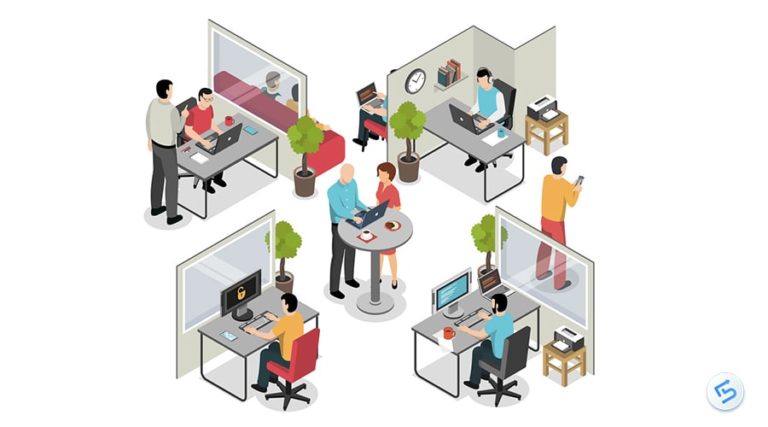
Close


The rapid evolution of technologies and markets is pushing companies and employees to constantly reinvent themselves. How can we ensure that this need for perpetual adaptation does not cause problems and get in the way of a peaceful life? Look at our 4 tips for developing your adaptability.
Our first reaction, when change happens, is often to question the change itself. Yet change has become a constant in business and rather than suffering by being opposed to it, the best way to adapt to change is to start by asking yourself questions. This does not mean abandoning your convictions or being passive in the face of events. On the contrary! It’s first and foremost about learning to know yourself and managing to take a step back from the situation. It is about learning to better understand a situation and why we have trouble adapting to it and this requires great strength of character.
To help you better understand the roots of a problem and your difficulties in adapting to it, there are many methods that are easily applicable in the workplace. Think for example of the method of the 5 whys that are very widely used by quality managers: https://www.youtube.com/watch?v=XCIaORrUfwo
Change generates fear because it puts you out of your comfort zone. It is likely and even normal that you feel lost and disarmed in the face of change. One of the best ways to overcome this fear is to feel that you are regaining control of the situation. Start to imagine how you could work differently then what change you could make to the situation. This will allow you to gradually project yourself into the change and adopt the required behaviours. This approach will allow you to become more and more adaptable and reduce the time it takes to achieve this adaptability.
Adapting is also about knowing how to make a mistake, taking a wrong path and accepting it. In our societies where we are constantly on the go, it is essential to know how to fail so that we can bounce back better. Accept that some things are beyond your control and learn to bounce back by forgiving yourself mistakes. Enjoy the acceptance that you can’t completely control your environment, or even your destiny and you will gain in adaptability.
Adapting to others and changing your environment requires time. This involves trying out new ways of doing things. Like in sport, practise makes perfect. Why not talk to your colleagues about your new ways of doing things. Ask for feedback from those around you to identify what works and what can be improved. This will allow you to improve and easily adopt new behaviours.